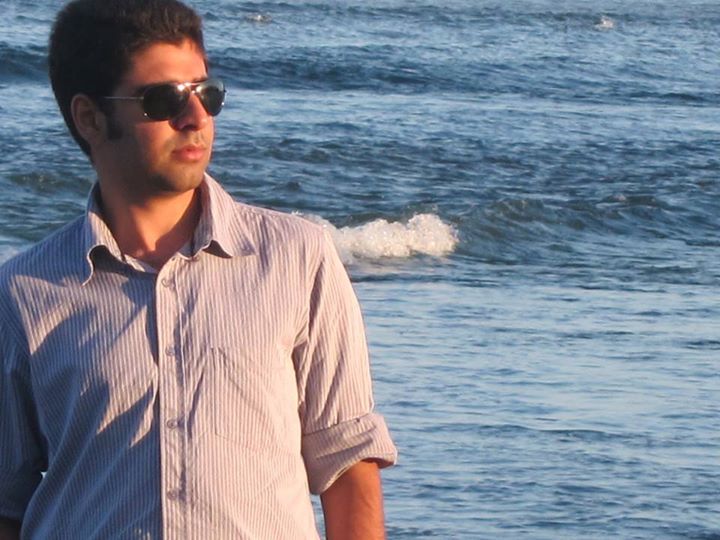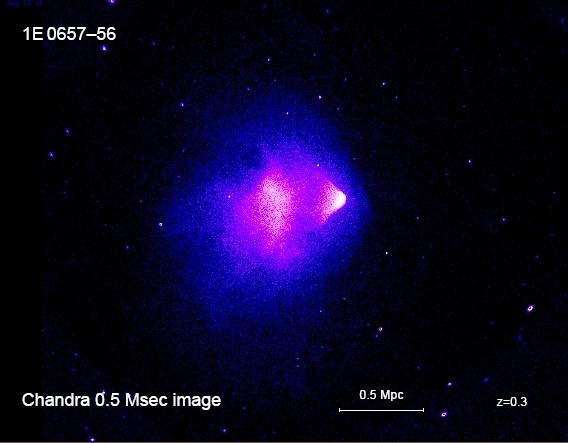Arya works on Large Scale Structure simulations and is trying to mimic our Universe using the most up-to-date simulation technology. His goal is to better understand the characteristic properties of detection pipelines and statistical models of DES. Understanding the limitation and capabilities of our current models and pipelines allows us to design better models and pipelines to get the most out of data. Currently, he is working on the cluster finder algorithm to come up with a better model, probably by combining DES data with data from other surveys, to put constraints on the mass of these giant objects.
We asked Arya a few more questions – here’s what he had to say:
What is your favorite part of being a scientist?
I started my college as an Mechanical engineer then later in the graduate school I switched to physics. I found working as a scientist is rewarding in many aspects. You learn new things every single day and if you work hard you can learn something new which we did not know about. Working with large data sets always amazes me. Now it is the era of big data in Astronomy and we have the opportunity to look into one of the biggest astronomical data sets.
What is your favorite space-related image, and why?
The Bullet Cluster (1E 0657-558) is my favorite one. The Bullet Cluster in multi-wavelength is a great realization of hot gas, dark matter, and galaxies which are separated very artistically.
What is your favorite book, movie, and/or TV show?
I enjoy reading all kind of novels especially novels by Milan Kundera, “1984” of George Orwell, and “Mortelle” of Christopher Frank.
What do you think has been the most exciting advance in science / technology in the last 10 years?
I think the New Horizons space probe is a beautiful and great example of the marriage of technology, science, and art. One of its greatest science/technology aspects, which I love, is that it received a gravity assist from solar system objects.
Any other fun facts about yourself you’d like to share?
Before I started graduate school I did not have any background in physics. When I came to the US, I started to look for a volunteer research opportunity to get some experience in Physics and then applied for graduate school. I sent a few hundred emails to physicists around the US until finally I got a volunteer research opportunity with Andrew Benson. I learned lots of amazing stuff from him, which helped me to prepare myself for graduate school. I would like to thank him for giving me such a amazing opportunity.

